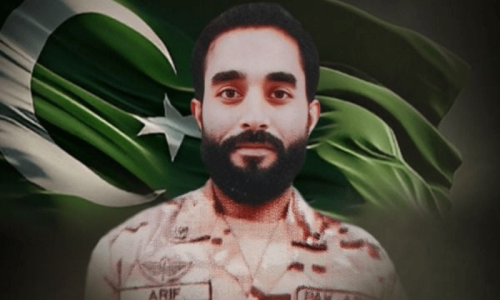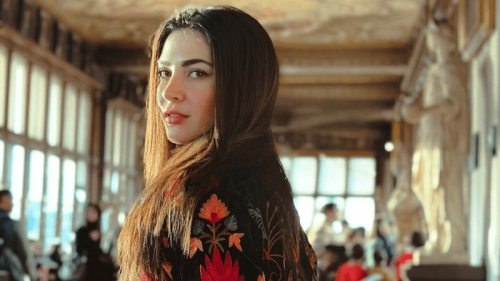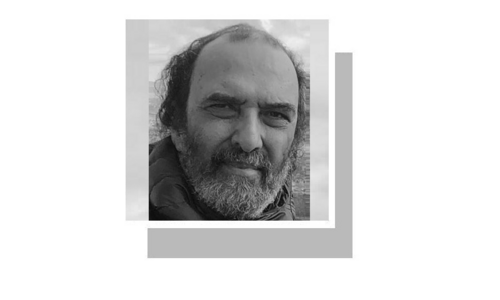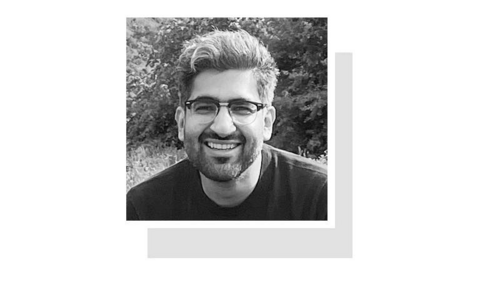DHAKA: Bangladeshi student protesters stormed a prison and freed hundreds of inmates on Friday as police struggled to quell unrest, with huge rallies in the capital Dhaka despite a police ban on public gatherings.
After days of deadly protests, Bangladeshi Prime Minister Sheikh Hasina’s office on Friday announced the imposition of a nationwide curfew and the deployment of military forces to keep order. “The government has decided to impose a curfew and deploy the military in aid of the civilian authorities,” Hasina’s press secretaery Nayeemul Islam Khan said.
This week’s clashes have killed at least 105 people, according to an AFP count of victims reported by hospitals, and emerged as a momentous challenge to Prime Minister Sheikh Hasina’s government after 15 years in office.
Student protesters stormed a jail in the central Bangladeshi district of Narsingdi and freed the inmates before setting the facility on fire, a police officer said on condition of anonymity. “I don’t know the number of inmates, but it would be in the hundreds,” he added.
Narsingdi jail set on fire after inmates freed; 52 more killed in a day; Nationwide curfew imposed, military deployed
Dhaka’s police force took the drastic step of banning all public gatherings for the day — a first since protests began — in an effort to forestall another day of violence.
“We’ve banned all rallies, processions and public gatherings in Dhaka today,” police chief Habibur Rahman said, adding the move was necessary to ensure “public safety”.
That did not stop another round of confrontations between police and protesters around the sprawling megacity of 20 million people, despite an internet shutdown aimed at frustrating the organisation of rallies.
“Our protest will continue,” said Sarwar Tushar, who joined a march in the capital and sustained minor injuries when it was violently dispersed by police. “We want the immediate resignation of Sheikh Hasina. The government is responsible for the killings.”
‘Shocking and unacceptable’
At least 52 people were killed in the capital on Friday, according to a list drawn up by the Dhaka Medical College Hospital.
Police fire was the cause of more than half of the deaths reported so far this week, based on descriptions given by hospital staff.
UN human rights chief Volker Turk said the attacks on student protesters were shocking and unacceptable. “There must be impartial, prompt and exhaustive investigations into these attacks, and those responsible held to account,” he said.
A day ago, the police said, the protesters had torched, vandalised and carried out “destructive activities” on numerous police and government offices. Among them was the Dhaka headquarters of state broadcaster Bangladesh Television, which remains offline after hundreds of incensed students stormed the premises and set fire to a building.
Dhaka Metropolitan Police spokesman Faruk Hossain said officers had arrested Ruhul Kabir Rizvi Ahmed, one of the top leaders of the main opposition Bangladesh Nationalist Party (BNP). “He faces hundreds of cases,” the police spokesman said.
‘Symbol of a rigged system’
Near-daily marches this month have called for an end to a quota system that reserves more than half of civil service posts for specific groups.
Critics say the scheme benefits children of pro-government groups that back Hasina, 76, who has ruled the country since 2009 and won her fourth consecutive election in January after a vote without genuine opposition. Her government is accused by rights groups of misusing state institutions to entrench its hold on power and stamp out dissent, including by the extrajudicial killing of opposition activists.
Nearly half of Bangladesh’s 64 districts reported clashes on Thursday, broadcaster Independent Television reported. The network said more than 700 people had been wounded throughout Thursday.
“This is an eruption of the simmering discontent of a youth population built over years due to economic and political disenfranchisement,” Ali Riaz, a politics professor at Illinois State University, said.
“The job quotas became the symbol of a system which is rigged and stacked against them by the regime.”
Published in Dawn, July 20th, 2024














































Dear visitor, the comments section is undergoing an overhaul and will return soon.